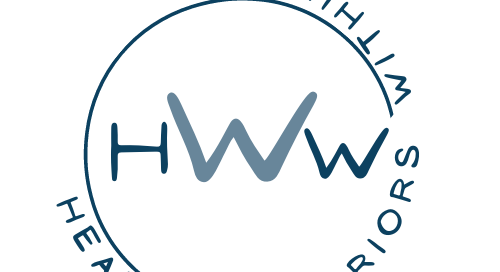Childhood Abuse, Cancer, and the Influence of the Mind, Brain, and Relationships on Physiology
Friday Quick Hits
If you like the Friday Quick Hits, please consider subscribing to receive longer form articles.
This Week
I had several people reach out to me after reading the third and final article on PAT. For those of you who did, thank you! Its resonance is exactly why I write so I’m glad you found value in it.
A Fact Worth Sharing
Did you know…
Childhood abuse leads to a 50% greater risk of developing cancer as in adulthood?
You probably already know that the trauma of childhood abuse can lead to mental health issues like depression and anxiety, and maladaptive behaviors such as substance use or violence. But did you also know that such trauma can affect one’s physical health by increasing risk to autoimmune disease, heart diseases, and diabetes1?
This data comes from what world renown psychiatrist and best-selling author, Daniel Siegal, calls interpersonal neurobiology, which is a sexy term that refers to the integration of mind, brain, and relationships and their influence upon one’s physiology.
Why do you need to know this?
I can think of many people with shitty family relationships—strain that has been ongoing for years. They hope the other person will somehow suddenly change instead of working on the one and only thing they can actually control: themselves.
I remember a couple sharing the big Aha! moment in their therapy. Actually, it was the wife, who I’ll just call Sally—she had a BIG realization. She was an incredibly strong, resilient woman, but after her husband had cheated on her for the umpteenth time, she (understandably) was fed up with it and thought of leaving him. So, she went to therapy and spent the entire first session complaining about him.
He did this. He did that. Can you believe it?! What a selfish prick!
The therapist let her vent until the end of the session. As they adjourned, she told Sally, “You’ve complained about him a lot today, and that’s fine. But from here on out, we’re not gonna talk about him anymore. We are only talking about you.”
That’s when the lightbulb went on for Sally. It dawned on her that she had been playing the victim for too long and it was time for her to do some work. She was trying to control her husband’s behavior, and it was futile. She realized she needed reclaim her power regardless of her husband’s behavior. She just had to be courageous enough to step into it.
Whatever happened, happened. It’s in the past. It’s over. There’s no need to time-travel back to the moments that depress you or forward to the future moments that worry you. The present is all there is.
Sally and her husband are thriving today. They are the strongest they’ve ever been in the years I’ve known them. What Sally also realized was that she was replaying the relational patterns passed on to her from her family, and it wasn’t until she decided to stop the cycle that true healing occurred.
Intergenerational or “family” trauma refers to the psychological effects of trauma that are passed down through the generations. You don’t have to directly experience trauma to feel the effects of it2. Kids adopt emotional and psychological symptoms tied to their parents’ fears, responses, and coping mechanisms through teachings rooted in instability or insecurity. A parent with an unhealthy attachment style generally passes it on to their child unless or until that child does some serious work to reverse it.
The coping mechanisms we learn to keep ourselves safe as children become the same coping mechanisms we employ as adults. The only problem is, they’re outdated. They no longer serve us in a healthy way. Examples of coping mechanisms include:
Avoidance
Denial
Dissociation
Emotional suppression
Substance Use
People-pleasing
Perfectionism
Isolation
Co-dependency
Also needing to be right
Self-sabotage
Constantly seeking validation
These are just a few examples, but the list runs long. Of course, most people do some or all of these to some degree. The only question is, to what extent?
My point in saying this—on the heels of the PAT interview series—is that if we don’t stop the cycle, then what lesson(s) have we really learned in life? Isn’t that the purpose of life—to live a life worth living—void of all those emotional and mental cinder blocks weighing you down?
Share your comments below.
Sources
1https://www.nationalchildrensalliance.org/media-room/national-statistics-on-child-abuse/
2https://pmc.ncbi.nlm.nih.gov/articles/PMC5977074/




